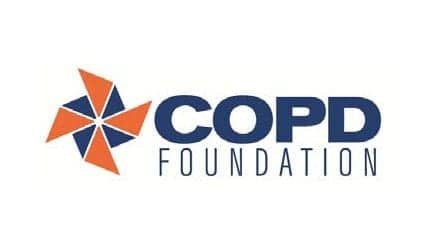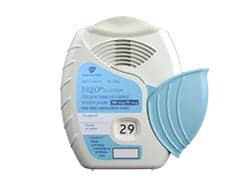According to Lung Disease News, biopharmaceutical company PlasmaTech Biopharmaceuticals Inc has developed a method to extract the needed Alpha-1 Antitrypsin (AAT) for the treatment of the genetic type of COPD. The new process is expected to increase recovery and bridge the gap of AAT demand in the future.
As Alpha-1 Antitrypsin is a protein responsible for protecting the lung, insufficient production can predispose patients to developing the inherited, genetic type of COPD.
Presently, the only available treatment for patients who suffer from inherited COPD is AAT Replacement therapy, which is given after the purification and extraction of the alpha-1 protein from human blood plasma.
The Lung Disease News report indicates that the process for harvesting AAT from blood plasma is called the Cohn Cold Fractionation Process and is similar to the one used in the treatment of hemophilia. With the Cohn Cold Fractionation Process, physicians are able to extract approximately 7% of the AAT. The new method developed by PlasmaTech Biopharmaceuticals, though, increases the recovery rate to more than 70%.
The company expects the new method to become the only patented method able to meet future medical needs for AAT supplies, according to Lung Disease News.
AAT has reportedly been proven effective in treating Alpha-1 deficiency and associated COPD and can decrease the rate of progressive lung function decline. However, its inflammatory properties are also being studied in clinical trials.
The Lung Disease News report notes that the protein is thought to benefit patients who suffer from diseases such as diabetes, acute myocardial infarction, inflammatory bowel disease, cystic fibrosis, graft vs. host disease, stroke, Alzheimer’s disease, vasculitis, organ transplantation, and multiple sclerosis.
Source: Lung Disease News










